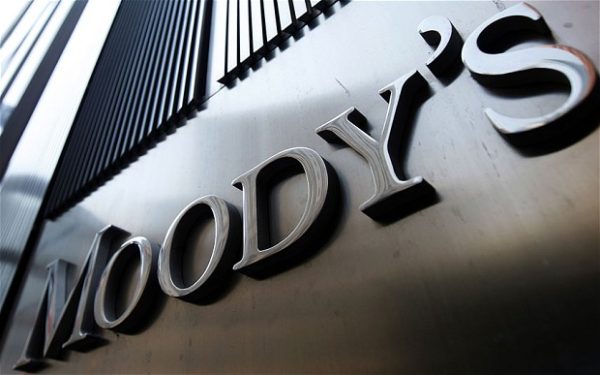Beirut, Lebanon- The outlook for Lebanon’s banking system has changed to negative as business activity stalls and the economy slides into paralysis, while the government defaulted on foreign debt payments last month, Moody’s Investors Service said in a report published Thursday.

“We expect banks to face large losses in light of their heavy exposure to the Lebanese sovereign, which amounted to the equivalent of $143 bln or 68% of total assets as of February including exposure to Banque du Liban, the central bank,” said Alexios Philippides, VP-Senior Analyst at Moody’s.
“The spread of the coronavirus is a further burden for the country at a time when the state has few resources to provide support for vulnerable businesses and individuals,” Philippides added.
Moody’s expects economic recession to continue and unemployment to rise.
The Lebanese government is looking to restructure its debt, which will likely entail significant losses for private creditors, including the banks. Lending to the private sector is set to contract further, after a 16% fall in 2019, as banks deleverage, the rating agency said.
Problem loans will rise significantly due to the economic contraction, rising inflation, job losses and salary cuts, although reduced lending rates introduced by the banks will help to soften the impact.
Moody’s said that a new government, installed in January, will need to implement wide-reaching economic and fiscal reforms to access a package of financial aid committed by the Conférence économique pour le développement, par les réformes et avec les entreprises (CEDRE) worth $11 bln.
“Without access to external financial support, a disorderly de-pegging of the currency to the dollar is a tail risk that could unleash sharp currency depreciation and would further pressure the banks,” it concluded.
FINANCIAL MIRROR

Leave a Reply
You must be logged in to post a comment.